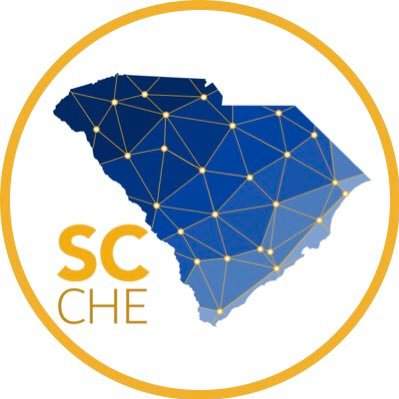Home » Free Application for Federal Student Aid opening delayed from October to December
Free Application for Federal Student Aid opening delayed from October to December

COLUMBIA — The South Carolina Commission on Higher Education wants students and families across the state to know that the opening of the 2024-25 Free Application for Federal Student Aid (FAFSA) will be delayed from October to December this year, as the U.S. Department of Education finalizes updates to simplify the application.
The FAFSA typically opens on October 1 and is the first step for South Carolina’s approximately 230,000 college students to secure federal, state and institutional financial aid. It must be completed each year to qualify for and maintain aid.
The exact date will be announced by the U.S. Department of Education in the coming months.
The CHE encourages students and their families who are new to the FAFSA to set up their Federal Student Aid Identification (FSAID) credentials in the meantime to remove one step from the process once the FAFSA opens.
“The South Carolina Commission on Higher Education recognizes the critical role that completing the FAFSA plays in making higher education affordable,” said Gerrick Hampton, Ed.D., CHE Office of Student Affairs associate director. “Even though the opening is delayed this year, we encourage all South Carolina students and families to ensure their accounts are active, create their FSA IDs and gather their information ahead of time to further simplify the application process once the window opens. College Goal South Carolina events are occurring across the state this fall to support high school families in these beginning stages of the process.”
The new FAFSA will include many changes to make it easier to complete, according to information from the State Higher Education Executive Officers Association (SHEEO):
• It will import more elements from IRS tax return data, resulting in fewer overall questions for students and families, and fewer verifications.
• It is predicted to average larger Pell Grant awards, and an increased number of students eligible for Pell.
• It establishes a minimum Pell Grant award based on Adjusted Gross Income, automatically qualifying some students for Pell.
• Changes the Expected Family Contribution to the Student Aid Index. The SAI can be as low as negative $1,500. It has fewer factors in the formula and more elements imported from IRS tax return data, requiring fewer FAFSA questions.
• Students are no longer required to enroll in Selective Service to file the FAFSA.
• Eliminates the prohibitions on eligibility for incarcerated students and students with drug-related offenses.
• The new FAFSA will use tax forms to determine family size.
• Eliminates the provision that divides the expected contribution by the number of family members enrolled in college.
• Requires small businesses/family farms to report as assets (previously businesses/family farms with less than 100 employees were excluded).
The FAFSA Simplification Act was enacted into law as part of the Consolidated Appropriations Act, 2021, and amended by the Consolidated Appropriations Act, 2022. Over the past three years, the U.S. Department of Education has implemented these changes in phases, beginning with the 2021-22 Award Year. The final phase of the department’s implementation of the changes required by the act will occur in the 2024-25 Award Year.
Students and families can stay connected and informed about updates regarding the FAFSA application process by following the CHE on social media, or by visiting the CHE website. They can also learn more about changes to theFAFSA at studentaid.gov. The CHE has also produced a printable New FAFSA Fact Sheet that is available for download.
ABOUT THE CHE
The South Carolina Commission on Higher Education (CHE), established in 1967, serves as the coordinating board for South Carolina’s 33 public institutions of higher learning. It acts both as an oversight agency on behalf of the General Assembly and as an advocate for higher education. The CHE is responsible for assuring a balance between student and taxpayer interests and institutional policies, aspirations, and needs. The CHE is committed to access, affordability, and quality in the state system of higher education through coordination, regulation, advocacy, and oversight, as directed by the General Assembly.



